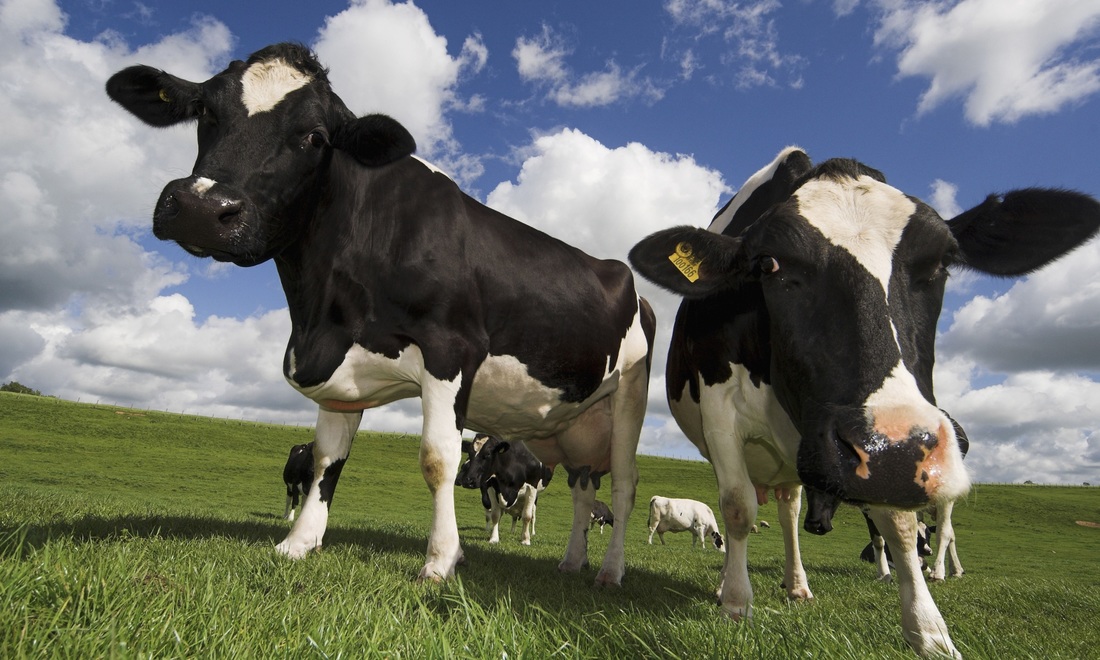
World dairy prices have now dropped to a six-year low, and UK dairy companies have once more cut payments to farmers. How long this can continue with farmers leaving the dairy industry, before there is a major impact on milk production in the UK, is a concern.
The unknown is whether a hike in the retail price of milk to around £1.28, which research indicates the public would tolerate, would make a significant difference to the long term fortunes of the dairy industry. Or, would it be short term as this would encourage over production resulting in a glut with the obvious consequences.
When China is building a 100,000 cow dairy unit to supply the Russian market with milk and cheese, the British and European dairy industry should be worried. China is stepping in and grabbing the opportunity with both hands.
The EU introduced sanctions on Russia because of its involvement in the war in the Ukraine. The Kremlin in response banned various food imports from the EU including milk and milk products, until August 2016.
With this level of production from China in the pipeline, it is questionable whether European dairy farmers, including British farmers, will ever gain access to the Russian market again.
There are few signs to encourage arable farmers to expect a sudden increase in the price of grain this harvest. There has been a carryover from the 2014 in the UK of more than 3m tonnes of wheat, which is unhelpful. The hot and changeable weather in parts of the world, could cause a yield reduction, but it is unlikely that this will result in prices similar to those in 2010 and 2012 when wheat rose to over £200 per tonne.
UK farmers benefit when disasters happen in far off corn producing countries, which reduces yield. We then reap the rewards of a good UK harvest and smile as grain merchants’ queue up to buy our grain at £200/t and more. An unlikely scenario this year, and one which we should not wish upon our competitors as it can happen both ways!
Greece has been humiliated, but it was always going to be so as this was nothing to do economics but all about politics. Now the faceless, undemocratic EU bureaucrats will formally run Greece directly. This is nothing less than a political surrender as a sovereign entity.
For Greece to receive 86bn Euros, with a gun to its head, it has had to agree to introduce tough new laws over labour, pension reform, taxes, privatisation and set aside 50bn Euros in assets that the Eurozone could use to recoup its losses by selling them off. This must be done by Wednesday; failure to do so would lead to Grexit – as if!
The spectacle of the last few days illustrates the German domination of the European Union. We should all be nervous of this growing power, and whatever the outcome of the Greek crises, politics has returned with a vengeance to the European continent.
One of the less publicised proposals announced in last week’s Budget which could prove to be as transformational as any great infrastructure project, was the introduction of a training levy on large employers to boost the creation of apprenticeships.
The idea is that all large employers will pay into a fund, by industrial sector, from which they will be able to draw to create training places and apprenticeships meeting minimum standards in terms of training, duration and qualifications.
According to the Treasury, numbers attending training courses away from the workplace fell from 141,000 in 1995 to 18,000 in 2014. Numbers of young apprenticeships have fallen ever since 2010.
Nearly half of all 18 year olds now go on to higher education, but only one in ten go on to an apprenticeship. A tiny proportion of companies offer them today.
The lack of good quality apprenticeships for school leavers, as Andrew Adonis has said, is a prime cause of youth unemployment and poor productivity. Young people without degrees in Britain are predominantly untrained, and too many never get steady work.
This is in stark contrast to Germany, Austria, Denmark and Switzerland and many other Continental countries, where apprentices are plentiful. They last two or three years, have minimum training standards and lead to good jobs.
The government has set a target of 3 million apprenticeship starts by 2020. If as Andrew Adonis said “quality accompanies quantity”, this could transform job opportunities and productivity among young people.
If this initiative takes off immediately, young people could be benefiting in their tens of thousands from this autumn.
At the risk of being very un-PC, and I will most probably upset some feminists who have fought hard for ‘equal pay and equal opportunity’ - Why on earth are woman tennis players paid the same as the men? Throughout Wimbledon fortnight it was plainly obvious that the two games cannot be compared. What a complete nonsense to pay both the men’s and women’s Champion £1,880,000, when the men’s game is infinitely superior. Surely the All England Lawn Tennis and Croquet Club should reconsider this anomaly before the 2016 championships.

 RSS Feed
RSS Feed